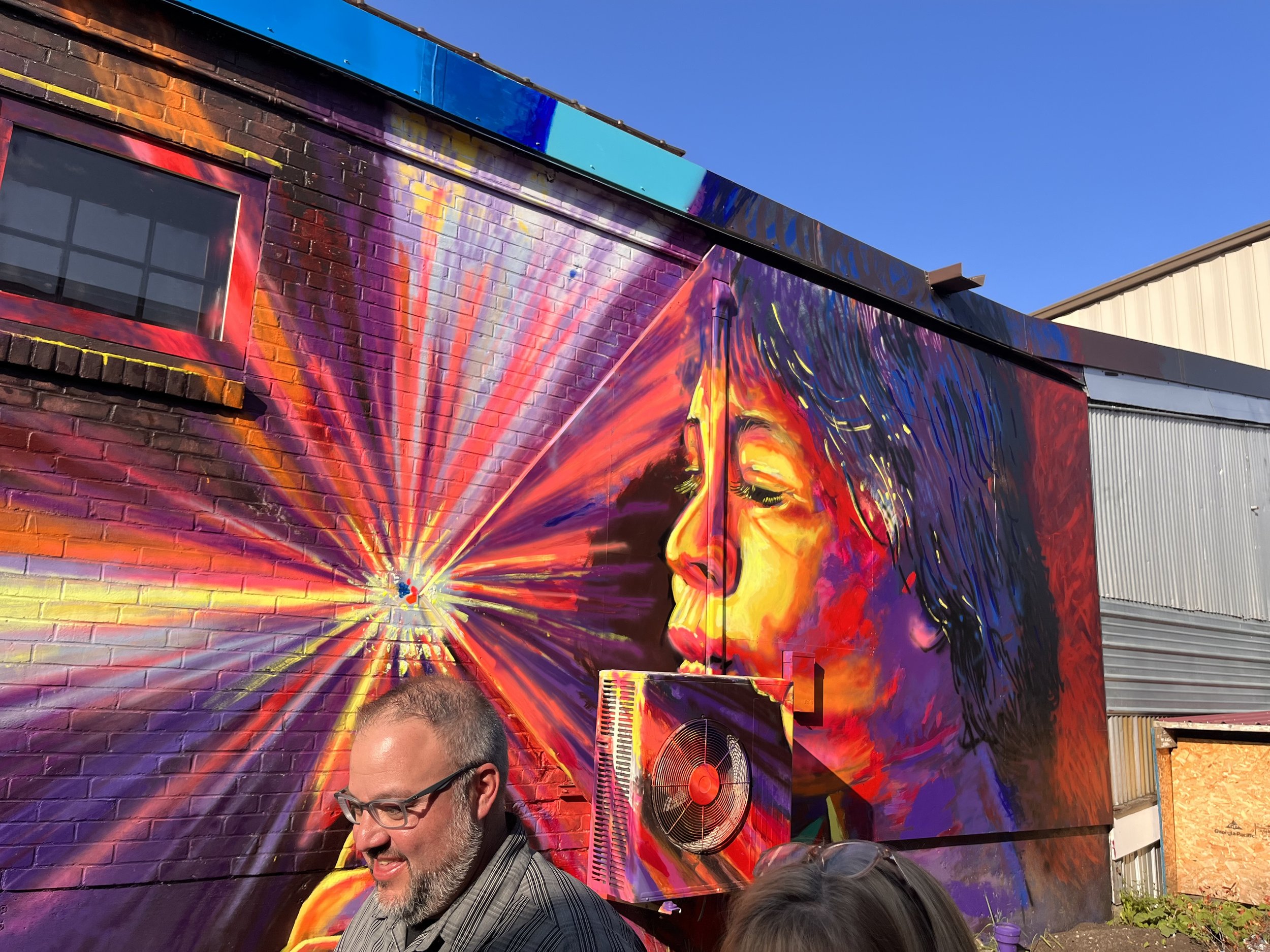The Energy
Justice Clinic
at Dartmouth College
Committed to creating an equitable and accessible energy transition through engaged student learning and meaningful community partnerships.
In a world suffering from climate and other crises, we believe that integrating research, learning, and service can be of direct benefit. As an education program at Dartmouth College with acknowledged privilege, we provide applied social science collaborations with community partners working toward horizontal learning relationships. We train our students in how to do ethical qualitative research grounded in law and policy and focused on remedying injustice and inequity. The Clinic operates year-round, with students able to participate both through coursework and as research assistants, providing learning continuity and depth beyond the 10-week quarter system.
Upper Valley Projects
How can the transition from fossil fuels be socially just in rural, cold, and economically diverse regions like the Upper Valley? The Energy Justice Clinic works with a growing number of community partners in New Hampshire and Vermont to support a just transition to a net zero carbon economy.
Our Approach
Broadly, Clinic faculty, staff, and students use ethnographic and social science methods (in-depth interviews, participant observation) and policy research to understand current efforts to enable low-an inclusive and equitable energy transition. This includes areas like home weatherization, energy savings, and renewable energy policy.
In our research, we found that these two components of the energy transition—energy security and renewable energy—are often siloed. Consequently, we are currently focused on how to make renewable energy most just, and to help create new knowledge linking energy insecurity and the transition—a key integration to increase social justice and sustainability in transition.
South America Projects
Through collaborative research with affected communities and specialists, we focus on how Indigenous are being recognized in the energy transition in Walmapu, Chile, and Latin America.













